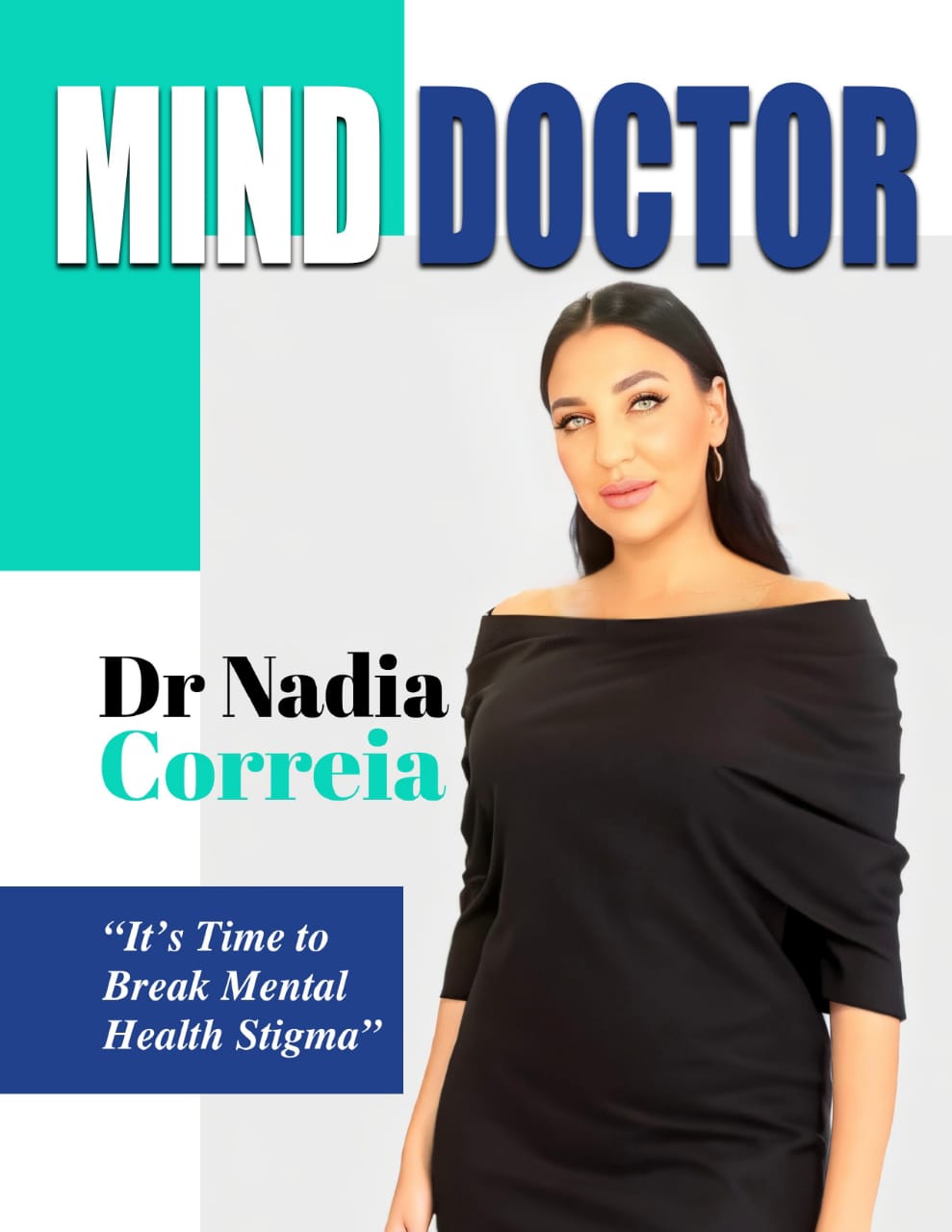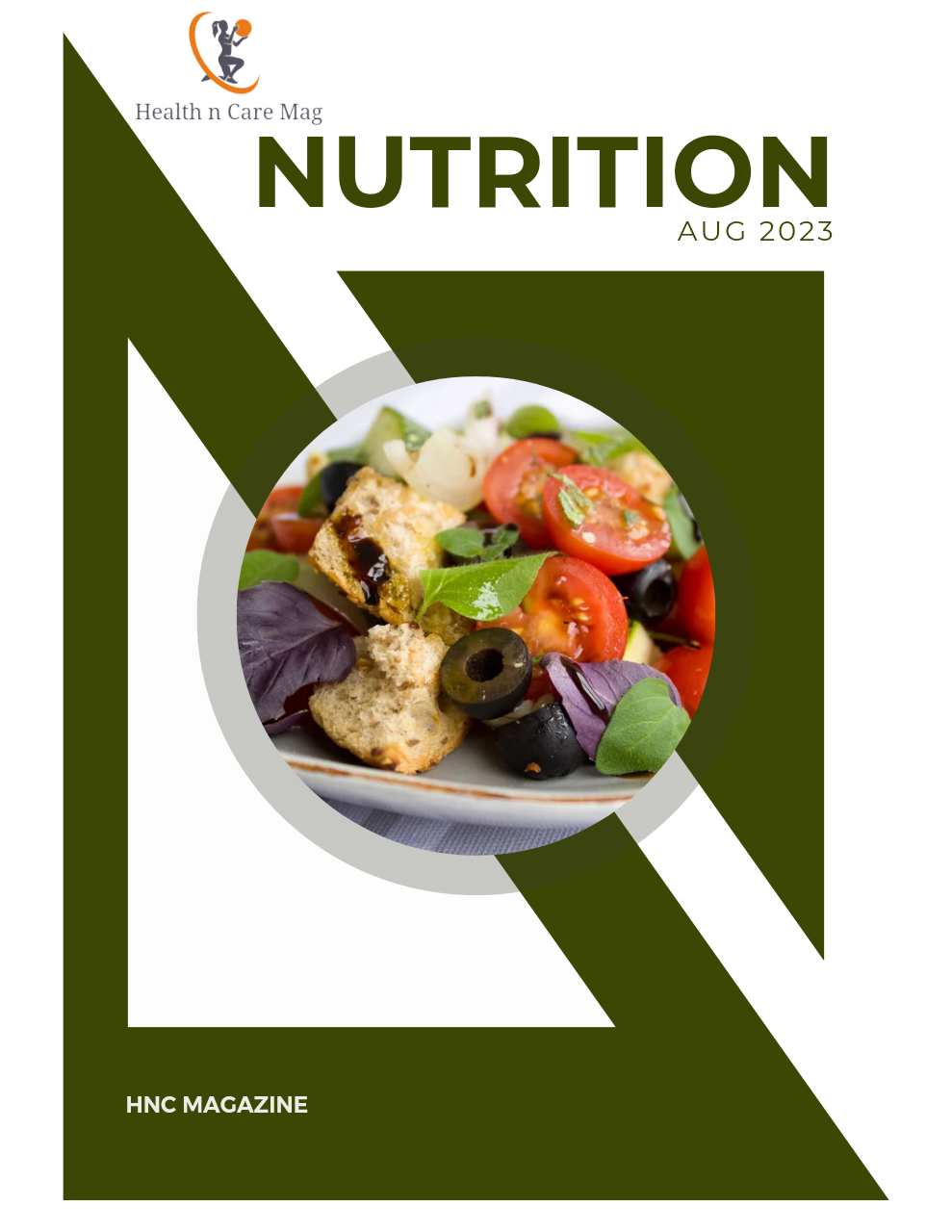Ways On How To Stay Healthy And Free From Diabetes
Diabetes mellitus is a kind of disease where the body either lacks production of insulin or unable to process the insulin released. The pancreas is the responsible organ of the body that produces insulin. Insulin is a type of hormone that helps in metabolizing fats and carbohydrates eaten by an individual. Normal insulin levels are measured from blood samples. The normal insulin level is 8-11 µIU/mL . Blood level is usually tested between meals because blood glucose levels are normally high after food intake and can provide erroneous and unreliable results.
There are two kinds of diabetes which are commonly known and these are insulin dependent diabetes and non-insulin dependent diabetes. Normally, diabetes is categorized as type I or type II. Type I diabetes is characterized by the body’s inability to create insulin. People who have this type of diabetes are dependent on external insulin for survival. They inject insulin many times a day in order to manage sugar in the blood. Type II diabetes is a metabolic disorder where there is high blood sugar levels due to resistance to insulin or relative insulin deficiency. Common symptoms of type II diabetes are frequent urination, excess thirst and constant hunger. This kind of diabetes has been linked to obesity. Obesity has been considered as the primary cause for type II diabetes among individuals who are predisposed to have the disease.
There are substances that can increase glucose levels in the blood which is a determining factor for diabetes. Alcohol addiction has been linked to obesity and in turn obesity can be a high-risk factor for type II diabetes. Obesity can be managed with healthy diet and exercise. Cravings for food may be chartered to healthier food options. There are still many people who are not mindful of their food intake and alcohol consumption. No one can be saved by ignorance. We can also add by saying no one can remain healthy without the proper knowledge. Cases of diabetes have been identified among patients in alcohol rehabilitation centers. In these cases, medical intervention as well as therapy for alcoholism is done.
Many alcoholics are not aware of the dangers of the bad habit they got themselves into. Problems linked to alcohol addiction are chained to physical and mental diseases in the future. Part of counselling done in alcohol treatment centers is providing direct and proper information of the severity of the problem of the alcoholic. In this way, patients will find greater determination to avoid alcohol intake and persist in the goal of alcohol abstinence.



